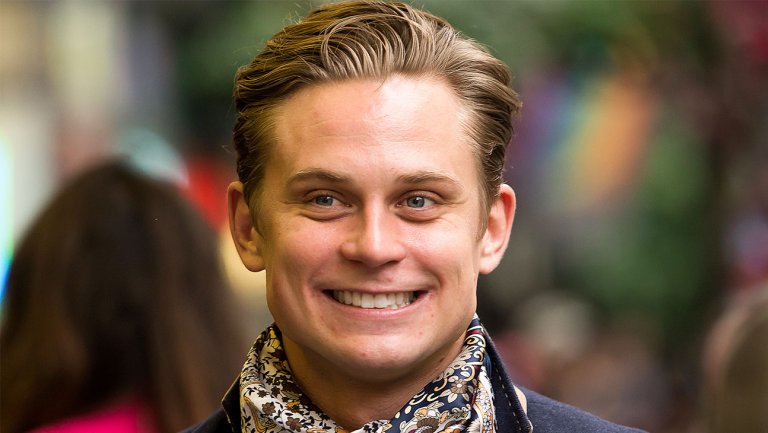From personal experience, Aneeka Hussain takes a look at the bigger picture of minority representation in film.
It’s no secret that the film industry is ride with old, white male actors. Actors who have become a symptom of the industry and used to tell a range of stories – most of which don’t belong to them. We’re forced to hear justifications how they are capable of doing justice to this role because, obviously, the formula for a successful movie is a white, male actor in the lead role. They will play a troubled, misunderstood hero who ends up saving the world. In some circumstances, there may be leeway for a black actor to undertake the role of a sidekick, simply there to lighten the mood. As a brown girl, there have been few occasions where I have felt represented and included in real life, let alone on the big screen. Growing up and educating myself made me realise that my favourite films were created with limited understanding of how diverse society has become.
@disney so y'all juts gonna pencil in a new white character just to whitewash Aladdin huh? Naomi Scott who's part white wasn't enough? 🙄
— Jay (@YoungNation92) September 6, 2017
Mikhail Hanafi, a The Gryphon Arts editor, recently addressed the whitewashing of Disney’s Aladdin remake. Despite the movie being set in the Middle East, white actor Billy Magnussen was casted in a brand-new role and Naomi Scott, of British and Indian heritage, will play the Arab, Princess Jasmine. This casting decision proves how easily interchangeable ethnic minorities are: even the tiniest of opportunities for representation are being snatched away. The few times that ethnic minorities are represented, we’re left to worry about the butchering of culture and the lazy reproducing of offensive stereotypes.
Actor Ed Skrein did, however, acknowledge his privilege and step down from playing the role of an Asian-American in the new Hellboy film. Not only this, but he used his platform to highlight the misrepresentation that plagues the film industry. Similarly, Marvel are heading in the right direction with the upcoming Black Panther movie which will feature a mainly African-American cast. Director Kevin Coogler stated that a movie with a black superhero, must have a black director as there is ‘potential for a greater truth’ about that ‘particular culture’. This has given him the opportunity to tie in Africa’s culture with the storyline. Yet, it simply cannot be ignored that it took too long for Marvel to come to terms with having a black actor as the lead character.
Ok but let's not act like this white guy is the only wrong cast in #Aladdin the remake was cancelled since the day Naomi Scott was cast!👋 pic.twitter.com/UABiM50GSn
— TheIgnoranceSlayer📚 (@ArabFeminist13) September 6, 2017
This is more than just nitpicking and useless complaining. It reveals an underlying issue in our society. Even though the 21st century has brought about massive progress, Eurocentric and US-centric ideals are to this day considered the norm. People of colour are expected to compete and constantly prove themselves worthy of meeting this set standard. Clearly, this rigid system serves only to perpetuate harmful notions that dismiss the hard-work of minorities. Hollywood puts them in boxes and then expects them to slave away for the smallest recognition.
It’s easy to advocate equality but there are few individuals actually putting it into practice. Social media in particular has brought rise to the trend of being ‘woke’ but people rarely understand what this entails. It is more than simply doing the bare minimum, but involves supporting and making noise about the talented individuals who are overlooked.
Although this is a start, I think there is still a long way to go if we want to act on the equality we preach endlessly about. There needs to more action to dismantle this system so we can bring diversity to our screens.
Aneeka Hussain
(Image courtesy of Mike Pont/Getty Images)

